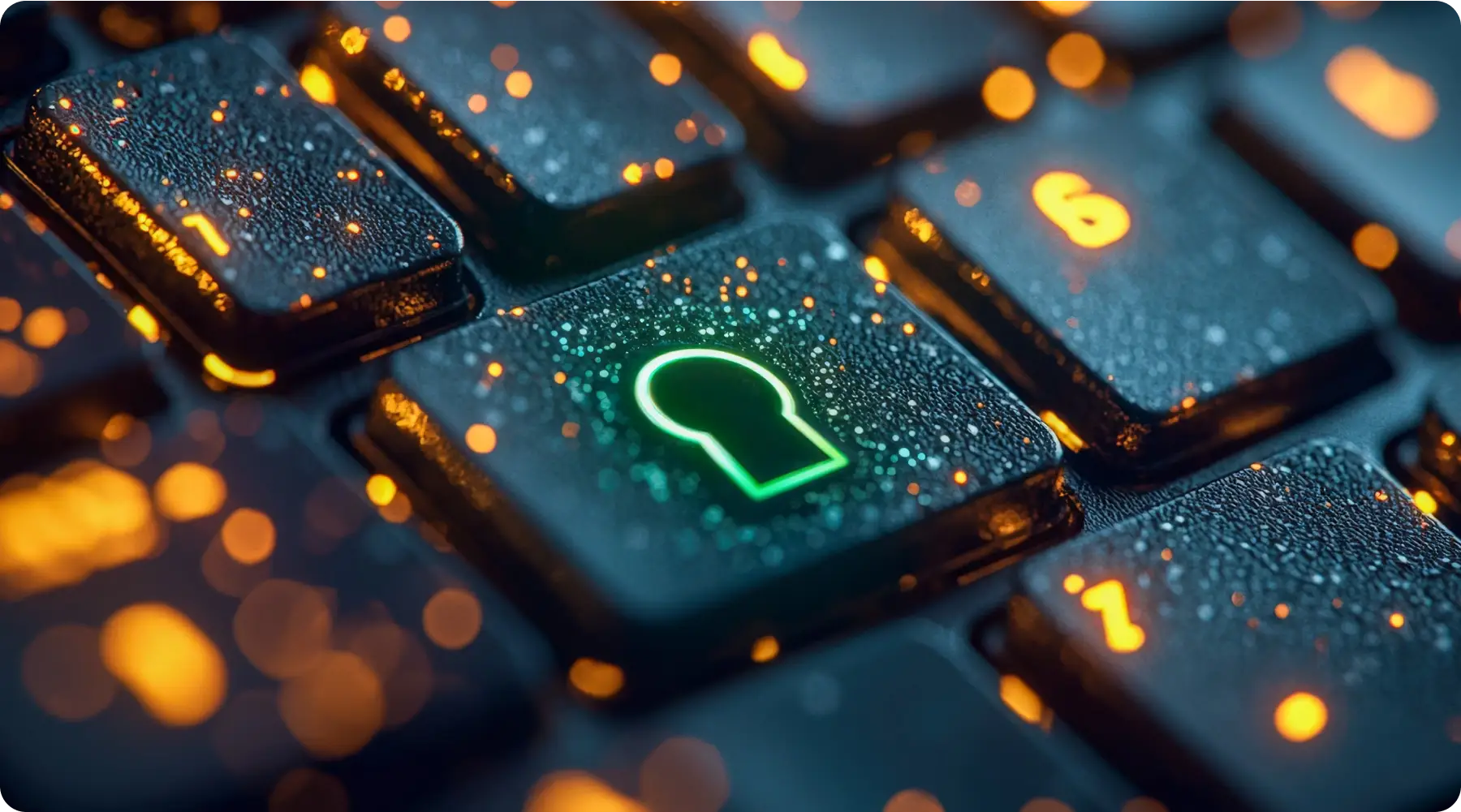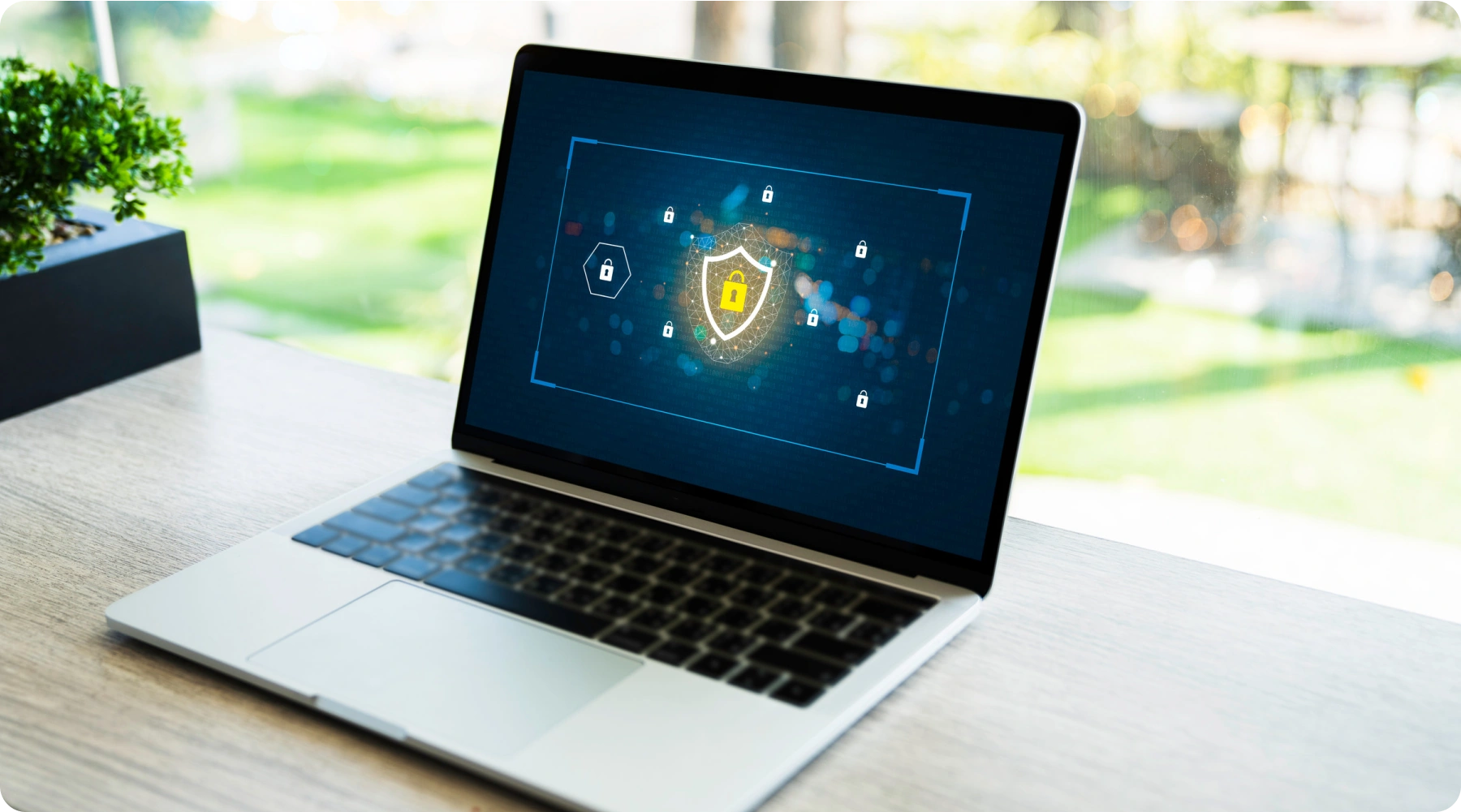The Role of Encryption in Business VPN Services

Introduction: Why Encryption Is a Cornerstone of VPN Security
Every time your employees connect to the internet, there’s a potential risk—data interception, surveillance, or malicious access. For modern businesses, this isn’t just a nuisance—it’s a critical threat.
Encryption is what turns a regular VPN into a true business-grade security tool. In this article, we’ll break down what encryption means, why it’s essential for business VPN services, and how it protects your company from data breaches, cyberattacks, and unauthorized access.
What Is Encryption?
Encryption is the process of scrambling data so it becomes unreadable to anyone without the proper decryption key. Think of it as a digital lockbox: even if someone intercepts your data, they can’t understand or use it.
When using a business VPN, this encryption happens:
• Between your device and the VPN server
• Across the public internet
• Inside your internal network (when accessing remote servers)
Why Encryption Matters for Business VPN Services
Unencrypted data is like a postcard—anyone who handles it can read it. That’s why encryption is a non-negotiable feature in any VPN for businesses.
Here’s what strong encryption offers:
• Data Confidentiality
Ensures that only authorized users can access sensitive data.
• Integrity
Prevents data from being altered or tampered with during transmission.
• Authentication
Confirms the identity of users and systems, reducing spoofing risks.
Types of Encryption Used in Business VPNs
Modern VPNs rely on high-grade encryption protocols. The most common include:
- AES-256 (Advanced Encryption Standard)
Used by governments and militaries, this is considered virtually unbreakable by brute-force attacks. It protects your data at rest and in transit. - SSL/TLS Encryption
The same tech behind HTTPS, TLS encrypts data during browsing sessions. VPNs using TLS provide secure, encrypted tunnels across networks. - IPSec (Internet Protocol Security)
Often used in corporate networks, IPSec encrypts IP packets for site-to-site or remote access VPNs. - OpenVPN & WireGuard Protocols
Popular VPN protocols that combine strong encryption with fast performance and high stability.
VPNGeek leverages bank-grade encryption across all its business VPN services, ensuring your communications are always protected.
Key Use Cases Where Encryption Is Critical
Encryption doesn’t just protect logins—it shields all business activity. Let’s explore where it plays a mission-critical role:
- Remote Work and Hybrid Teams
Employees accessing cloud tools, databases, and internal servers from different locations? Encryption prevents data leaks and man-in-the-middle attacks. - Financial Transactions
From payroll to banking, unencrypted data could expose account numbers or payment credentials. Encryption ensures secure transmission. - Client and Vendor Communications
Encrypted channels protect confidential discussions, contracts, or project details from prying eyes. - File Sharing and Collaboration Tools
Tools like Slack, Dropbox, or Google Drive handle sensitive files daily. Encryption ensures zero exposure during transfer.
The Role of Corporate Data Encryption in Compliance
Encryption isn’t just good practice—it’s often required.
Regulations such as:
• GDPR (Europe)
• HIPAA (USA, healthcare)
• SOC 2 (SaaS providers)
• PCI-DSS (finance/payment data)
…demand data encryption in transit and at rest.
Using a VPN for company security that offers robust encryption helps businesses:
• Meet compliance requirements
• Avoid legal and financial penalties
• Demonstrate responsible data stewardship to clients and partners
Challenges Without Proper VPN Encryption
Businesses that rely on consumer-grade VPNs or outdated systems risk:
• Data breaches from intercepted traffic
• Credential theft through phishing on unsecured networks
• IP leaks, exposing company operations or location
• Unencrypted cloud service access, putting sensitive data at risk
Without proper encryption, even internal communications can be exploited by cybercriminals or rival companies.
How VPNGeek Delivers Strong Encryption for Businesses
VPNGeek’s business VPN services are built from the ground up for security:
• AES-256-bit encryption as standard
• Support for OpenVPN, WireGuard, and IPSec
• Kill switch and DNS leak protection
• Encrypted tunnels for all remote sessions
• Encryption-ready dedicated IPs for added control
Our platform ensures that every connection your team makes—whether from a phone, laptop, or remote server—is wrapped in a strong encryption layer.
Bonus: Encryption Without Compromising Speed
One common myth is that encryption slows down VPN performance. While it’s true that encrypting and decrypting data takes resources, modern VPN solutions like VPNGeek optimize for both speed and security.
Features like:
• Lightweight protocols (e.g., WireGuard)
• Regional server selection
• Dedicated IP routes
…help your business enjoy encrypted communications without sacrificing productivity.
Final Thoughts: Don’t Settle for Weak Links
Encryption is the backbone of trustworthy business VPN services. Without it, your communications are vulnerable, your compliance is questionable, and your business is exposed.
With corporate data encryption baked into every layer of VPNGeek’s platform, you get:
• Total protection for all business traffic
• Secure communications across global teams
• Confidence in meeting modern compliance standards
When your business data moves, it should move silently, securely, and invisibly. That’s what encryption delivers—and it’s what every business VPN should guarantee.



